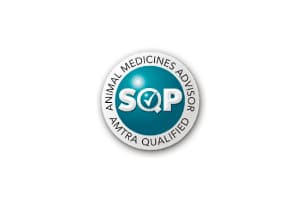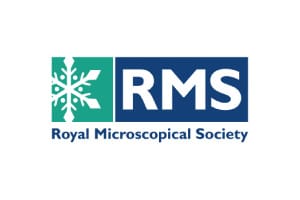Wormcounts for Reptiles and Exotics
Wormcount.com offers reptile parasite screens to provide a detailed insight into the internal parasitic health of your reptile or amphibian. All animals are capable of picking up parasites which may make them seriously ill and can even be fatal.
At Wormcount.com we regularly undertake parasite tests for tortoises, bearded dragons, snakes, geckos, iguanas and chameleons to name a few!
Tortoises can acquire internal parasites in various ways, such as grazing on infected grass or consuming contaminated food or water. Similarly, snakes, lizards, and frogs can contract parasites from their prey or infected water. Since worming can be a stressful procedure for some reptiles and amphibians, many owners choose to screen their pets to determine the level of parasite burden. This allows them to decide what (if any) treatment is necessary at that time.
Until Wormcount.com was created, routine worm counts for reptiles were generally expensive and time consuming, as they were carried out almost exclusively by a Vet. Whilst there is nothing wrong with this process, it takes up a Vet’s very valuable diagnostic surgery time on a routine process. After a screen, if you do need to visit the Vet, taking a Wormcount.com report with you can make diagnosis and treatment much quicker.
Further Information
Wormcount.com gives you direct access to a fast, professional veterinary laboratory without the need for a referral from your Vet.
Our laboratory has been purpose designed with bespoke equipment and facilities, allowing us to provide a professional and high-quality service direct to the public and veterinary practices. All of our analysts undergo rigorous training before they undertake any testing. Even once approved for testing, they undergo regular ‘blind’ spot checks and ongoing external personal development sessions to keep them at the forefront of the industry throughout their careers. Our strict bio-security and method procedures ensure safe, repeatable and accurate results from every sample as they transit through the lab.
We have an excellent customer service reputation and our administration and support teams are very welcoming of any queries you have or support you require at any stage of the process. Where a positive result is obtained from your reptiles sample, we will point you in the direction of your vet, for appropriate treatment.
- All screens are undertaken within our own laboratory by our highly trained analysts. Screens are undertaken on a sample of your animal’s faeces that you send to us in one of our specially designed collection kits
- A Faecal Egg Count provides a quantification of the number of worm eggs in your reptile’s faeces (poo) which is therefore an indication of the number of adult female worms in their gut.
- Each species of worm egg is identified and, where appropriate, quantified to give an indication of the level of infestation. Our reptile worm count test includes pinworm, ascarids, strongylodies, hookworm, capillaria and tapeworm.
- Worm egg screens also detect the protozoans coccidia, balantidium and nytotherus as standard.
- The worm egg screen results are presented in an email report as ‘eggs per gram’ (epg) of faeces. There is an easy to understand key on your Wormcount.com result sheet.
Any carnivorous/omnivore reptiles, or herbivores with access to outside should be screened at least every 3 months. Most notably, any lizards with access to live or fresh food should be screened at least every 3 months. Testing can be undertaken more frequently if the animal is considered a high risk, or if the screens are being used for monitoring purposes where there are repeated high level results and the animal is under veterinary care to reduce the levels.
Some reptile owners opt to undertake a screen at 6 monthly intervals (often coincided with hibernation, if and where applicable). This is only appropriate if the animal is considered very low risk, such as tortoises kept entirely inside with no access to unwashed food or contaminated substrate and with daily water changes. It should be noted that all reptiles are capable of picking up a parasite burden and the longer your animal is left between screens, the longer they may be exposed to a potentially increasing infestation.
It is best if samples are taken fresh from your animal and not left in the environment before placing them into the collection pot. This limits the chance of contamination from free-living nematodes and also helps the sample retain its moisture content. Where several animals live together, you need to be sure which animal the sample has come from when undertaking individual screens.
If your sample was obtained during a bathing session, this will not affect the results, just please do not include the bathwater in the sample pot and please dry the sample with kitchen paper before placing it into the pot.
For the most accurate results, we recommend you send as much sample as you can fit into the pot. Where the reptiles are very small, we recommend you send the entire faecal passing for that day.
Worming can be a very stressful event for some reptiles, and it should only be undertaken where necessary and by someone who is confident in doing so. If you are in any doubt about worming your reptile, we always recommend you discuss the options based on your specific results with a specialist reptile vet. Depending on the results of the screen, sometimes other medicines are required however again, these should always be prescribed by a vet with experience in this field and administered by someone who is comfortable with the process.
It must be remembered that a worm count is only a snapshot of what is going on inside your animal at the moment you take the sample. Regular screens are therefore advisable to monitor your reptile’s parasite burden over time.

Testimonials






